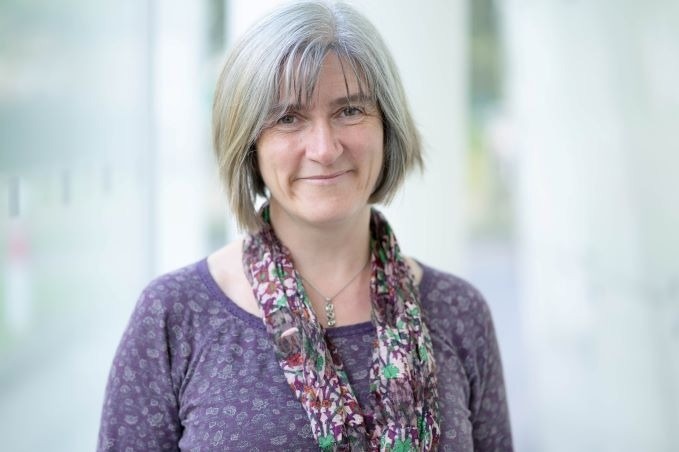A prominent biomass researcher at Aston University has complimented the government’s announcement on improving the safety of UK energy.

Image Credit: Aston University
Professor Patricia Thornley, Director of Aston University’s Energy and Bioproducts Research Institute (EBRI), says the government should focus more than only renewable energy sources like wind and solar.
Professor Thornley is urging the government to investigate the use of power bioenergy in conjunction with carbon capture and storage (or power BECCS).
The Department for Energy Security and Net Zero published the Powering Up Britain: Net Zero Growth Plan on March 30th, as well as the Powering Up Britain: Energy Security Plan, to outline ways to make the UK more energy independent, secure, and resilient.
Professor Thornley feels that implementing negative emission BECCS facilities could help the UK meet its carbon reduction targets. The technology generates power from sustainable biomass and waste materials while also capturing and storing carbon. Power BECCS can generate negative emissions by physically removing greenhouse gases from the atmosphere.
It is wonderful to see the government moving forward with its carbon reduction plans, whilst recognizing the scale of the challenge faced. Bioenergy is delivering carbon reductions around the UK today—62% of our renewable energy and around 13% of our electricity comes from biomass—and developing sustainable biomass conversion with carbon capture and storage (CCS) would be a natural progression for the UK.
Patricia Thornley, Professor and Director, Energy and Bioproducts Research Institute, Aston University
Professor Thornley adds, “So it is good to see commitment to CCS, but to fully leverage the UK’s negative emission potential we need BECCS technology to be rapidly deployed.”
To advance this goal, EBRI and the Supergen Bioenergy cluster, directed by Aston University, are working on applied research.
Our research at Aston University has demonstrated the potential for sustainable BECCS facilities to deliver a substantial proportion of UK required negative emissions but that the exact amount of negative emissions achieved can vary hugely with plant design and operational choices. So we hope to use our knowledge and research outputs to support UK deployment of sustainable bioenergy moving forward.
Patricia Thornley, Professor and Director, Energy and Bioproducts Research Institute, Aston University
Professor Thornley has been offering her knowledge to a government working group investigating the sustainable use of biomass for two years, in addition to her research at Aston University.